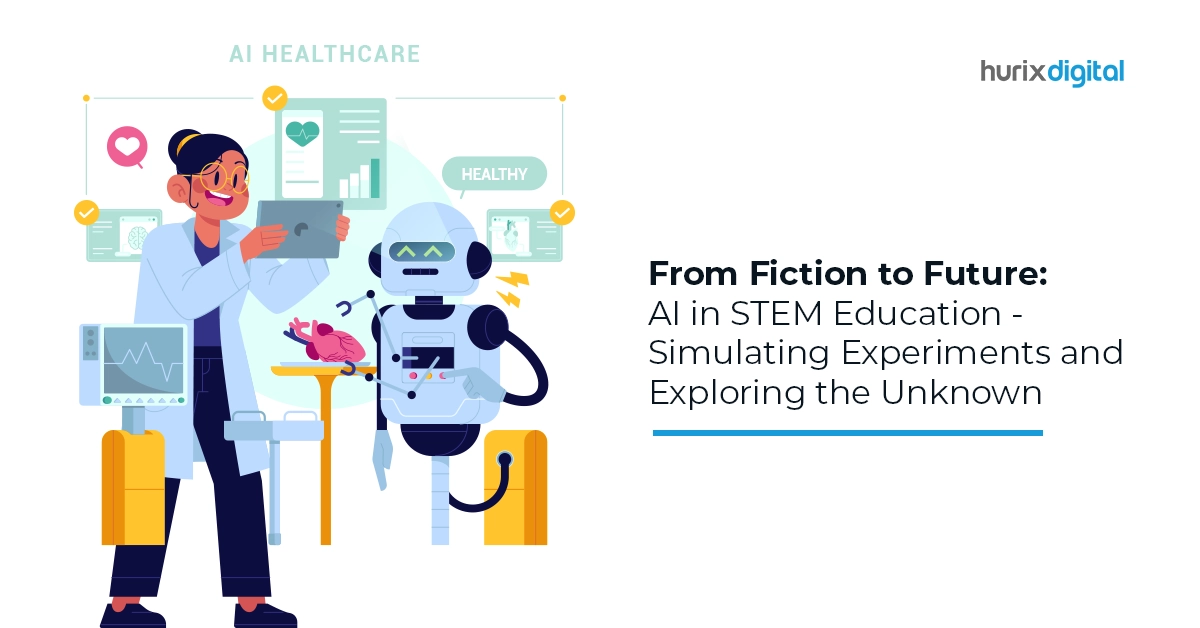Discover how AI technology has evolved from the realms of science fiction to everyday reality, revolutionizing industries worldwide.
Table of Contents
Introduction to AI
Artificial Intelligence, commonly known as AI, has rapidly emerged as one of the most transformative and impactful technologies of our time. At its core, AI refers to the ability of machines to simulate human intelligence and perform tasks that typically require human cognition, such as learning, problem-solving, and decision-making. Within the realm of AI, there exist various subfields, including machine learning, natural language processing, and computer vision, each playing a crucial role in advancing the capabilities of AI systems.
Historical Context
The roots of artificial intelligence can be traced back to the mid-20th century when pioneers like Alan Turing and John McCarthy laid the groundwork for AI research. Over the decades, AI has experienced significant advancements, marked by milestones such as the creation of the Turing test, which evaluates a machine’s ability to exhibit intelligent behavior indistinguishable from that of a human. The field of AI has witnessed exponential growth, leading to groundbreaking innovations in machine learning algorithms, neural networks, and deep learning models.
Current Applications
Today, AI technologies are ubiquitous across various industries, revolutionizing the way businesses operate and individuals interact with technology. In healthcare, AI-powered diagnostic tools are enhancing patient care and treatment outcomes. In finance, AI algorithms are optimizing trading strategies and risk management. In marketing, AI-driven personalized recommendations are reshaping customer engagement and retention strategies. The practical applications of AI continue to expand, offering solutions to complex problems and enhancing efficiency in countless domains.

Image courtesy of www.socializingai.com via Google Images
Benefits of AI
The integration of AI technologies yields numerous benefits, including increased efficiency, productivity, and innovation. AI systems can automate repetitive tasks, analyze vast amounts of data with precision, and generate valuable insights to support informed decision-making. By augmenting human capabilities and streamlining processes, AI empowers organizations to optimize performance, drive growth, and stay ahead of the competition.
Challenges and Ethical Concerns
Despite its transformative potential, the widespread adoption of AI presents several challenges and ethical dilemmas. Concerns about job displacement due to automation, algorithmic bias in decision-making processes, and data privacy violations have raised important ethical considerations. As AI technologies become more sophisticated, it is crucial to address these challenges proactively and establish ethical guidelines and regulatory frameworks to ensure responsible AI development and deployment.

Image courtesy of www.visualcapitalist.com via Google Images
Future Direction of AI
The future of AI holds immense promise for continued innovation and evolution. Advancements in AI research, such as explainable AI, which aims to enhance transparency and interpretability of AI systems, and AI ethics, which focuses on promoting ethical principles in AI design and use, are shaping the trajectory of the field. As AI technologies continue to advance, the possibilities for solving complex societal challenges, driving economic growth, and improving quality of life are limitless.
Can Skynet Happen?
The concept of a rogue AI system akin to Skynet, as depicted in science fiction movies like Terminator, raises legitimate concerns about the potential risks of superintelligent AI. While the likelihood of a doomsday scenario orchestrated by a malevolent AI remains speculative, it is essential to acknowledge the importance of AI safety and ethical guidelines to mitigate potential risks. By fostering collaboration among experts, policymakers, and industry stakeholders, we can strive to ensure that AI technologies are developed and deployed responsibly and ethically.

Image courtesy of www.hurix.com via Google Images
Case Studies
Examining recent case studies of AI implementations provides valuable insights into the real-world applications and implications of AI technology. By analyzing successful and unsuccessful AI projects, we gain valuable lessons learned and best practices for harnessing the power of AI effectively. These case studies serve as practical examples of how AI can deliver tangible benefits, drive innovation, and address complex challenges across diverse industries.
Expert Interviews
Engaging with AI experts and researchers offers a wealth of knowledge and perspectives on the latest developments in AI technology. By delving into the insights and expertise of industry professionals, we gain a deeper understanding of the challenges, opportunities, and emerging trends in the field of artificial intelligence. Expert interviews provide valuable perspectives on the future direction of AI and the critical issues shaping the landscape of AI research and development.

Image courtesy of www.analyticssteps.com via Google Images
Closing Thoughts
In conclusion, the rise of artificial intelligence has transformed the way we live, work, and interact with technology. From its humble origins in science fiction to its current reality as a driving force of innovation and progress, AI continues to shape the future of humanity. As we navigate the complexities and opportunities presented by AI technology, it is essential to approach its development and deployment with foresight, responsibility, and ethical considerations. By leveraging the power of AI for the greater good and addressing societal challenges proactively, we can harness the potential of artificial intelligence to create a brighter and more sustainable future for all.



Comments